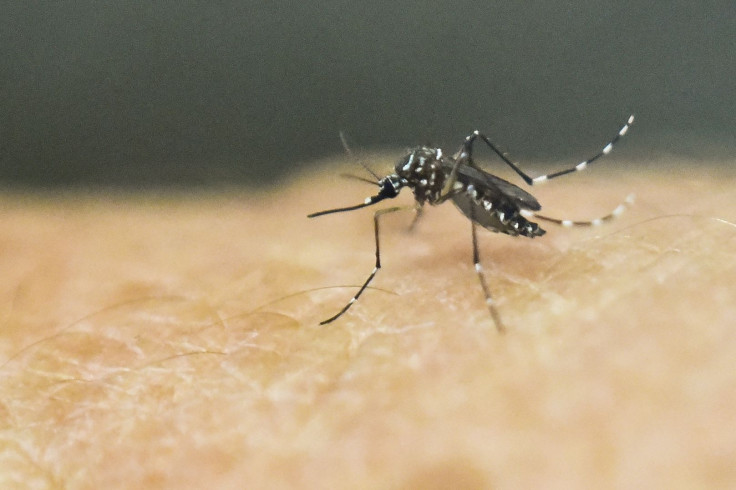Zika Virus In Brazil: Ahead of Rio Summer Olympics, Health Concerns Rise

Health concerns have continued to rise over the mosquito-borne Zika virus ahead of the summer Olympics in Rio de Janeiro, according to weekend media reports. At least one prospective U.S. Olympian has removed his name from consideration for the national team, citing concern for his pregnant wife’s health.
The symptoms of Zika are relatively mild and include fever, rash, joint pain and red eyes. While the symptoms usually clear up on their own within a few days and are relatively harmless, the disease can be extremely dangerous in pregnant women. There is a correlation between Zika and microcephaly, which causes severe birth defects and sometimes death in children born with the condition.
Zika had been contained to Africa, parts of Asia and the Pacific Islands prior to 2015, according to the Centers for Disease Control and Prevention. This outbreak has spread throughout South America and into the U.S., however; and with the summer Olympics taking place in Brazil, some athletes fear for the safety of themselves and their loved ones.
U.S. cyclist Tejay van Garderen pulled his name from consideration last week, citing concern for his pregnant wife’s health. Van Garderen was a member of the 2012 team and a likely choice for the Rio Olympics, according to online publication Cyclingtips.
"If Jessica were not pregnant right now, assuming I was selected, I would go," he told Cyclingtips. "But I don't want to take any chances. If anything were to happen, I couldn't live with myself."
Scientists and laymen alike have grown more concerned about the virus in the months leading up to the summer Olympics, and the World Health Organization announced Friday that it would reassess the potential dangers of hosting the summer games in Brazil. Some critics have warned against becoming too paranoid over a virus that is relatively harmless in most cases, however.
"The virus is now present in nearly 60 countries and territories, and people will continue to travel to and from these, games or no games," read an excerpt from an an article published Saturday in the Economist.
© Copyright IBTimes 2024. All rights reserved.





















